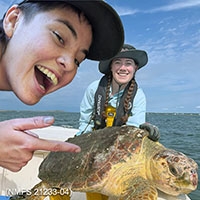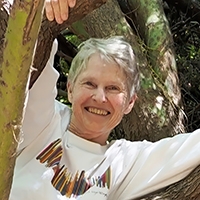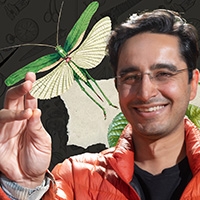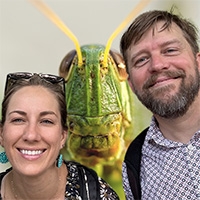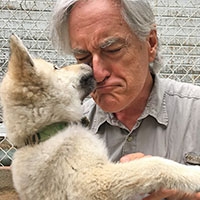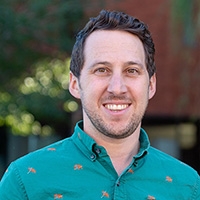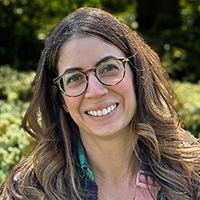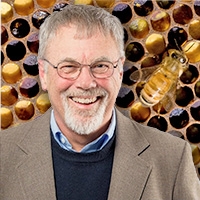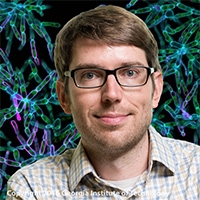
A Biology Podcast for Everyone
You have been reading about the biologists behind the Ask A Biologist website. Now you can listen to them in our popular biology podcast show. Dr. Biology has been speaking with many of the biologists that are discovering new worlds and exploring new frontiers in biology. There are over 100 episodes and we continue to add more interviews. Each show includes a full written transcript and content log.
If you have not already, please subscribe(link is external) to the podcast so you can be notified about new episodes
Want to watch some of our biologists in action? We are also building a collection of biologists in the lab and the field. Pick the "Watch" tab and pick one of the shows featuring our biologists.!
Building Your Own Ant Farm is a 2-part Ask A Biologist video with Dr. Biology and Rebecca Clark on how to build an ant farm with two recycled CD cases. Watch part two.
Building Your Own Ant Farm (Part 2 of 2). Ask A Biologist video with Dr. Biology and Rebecca Clark on how to build an ant farm with recycled CD cases. Watch part one.
Imagine you want to pull a long cylinder-shaped piece of soil (called a core) out of the ground in your backyard. What kind of tools would you need? Find out how researchers collect cores in the Frozen Arctic.
Dr. Biology drops in on biologist Michael Angelletta and the researchers in his labortory. Besides getting a fun tour of the place, he learns how they study animals and their methods of heating and cooling their bodies.
Giant beetles, flying treadmills, oxygen and prehistoric insects are just a few of the things that Dr. Biology learns about when visiting with biologist Jon Harrison.
Pages
Be Part of
Ask A Biologist
By volunteering, or simply sending us feedback on the site. Scientists, teachers, writers, illustrators, and translators are all important to the program. If you are interested in helping with the website we have a Volunteers page to get the process started.







